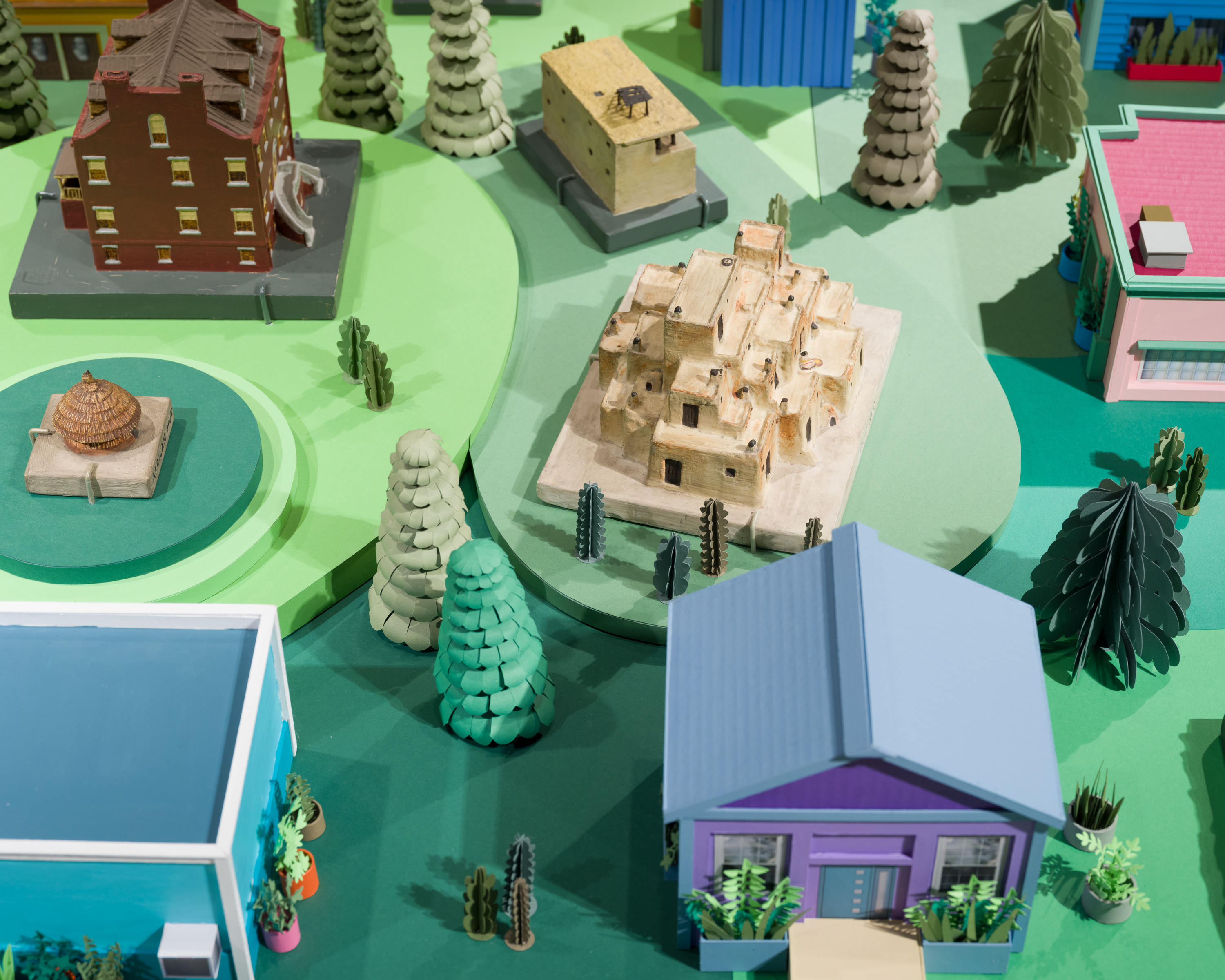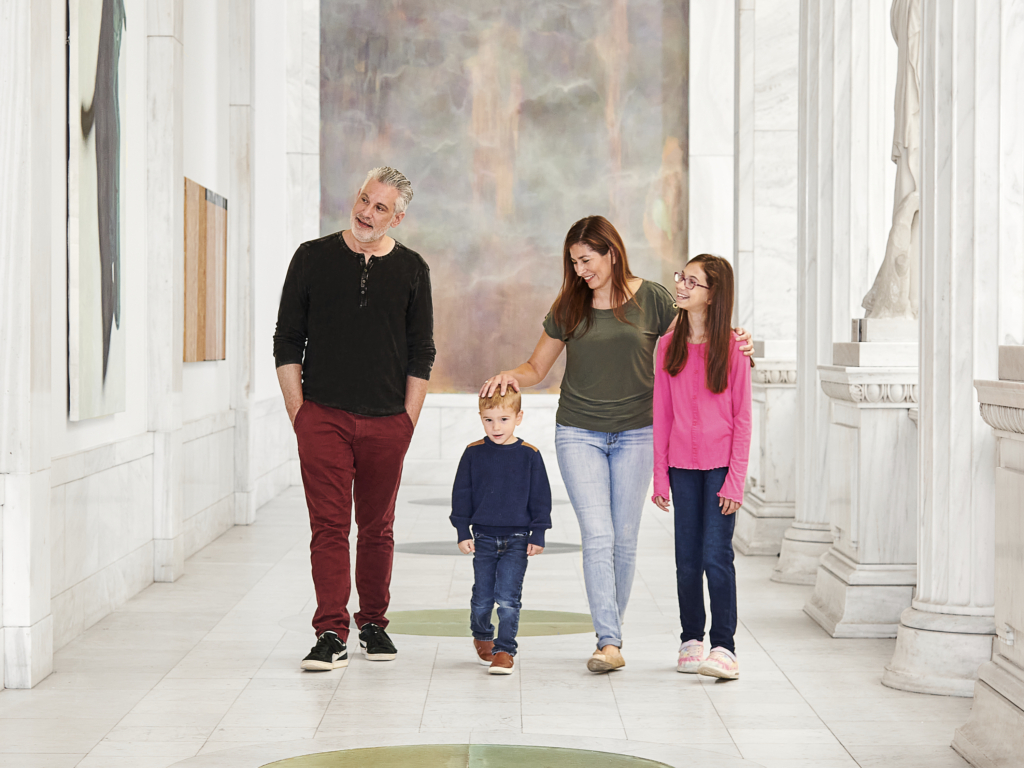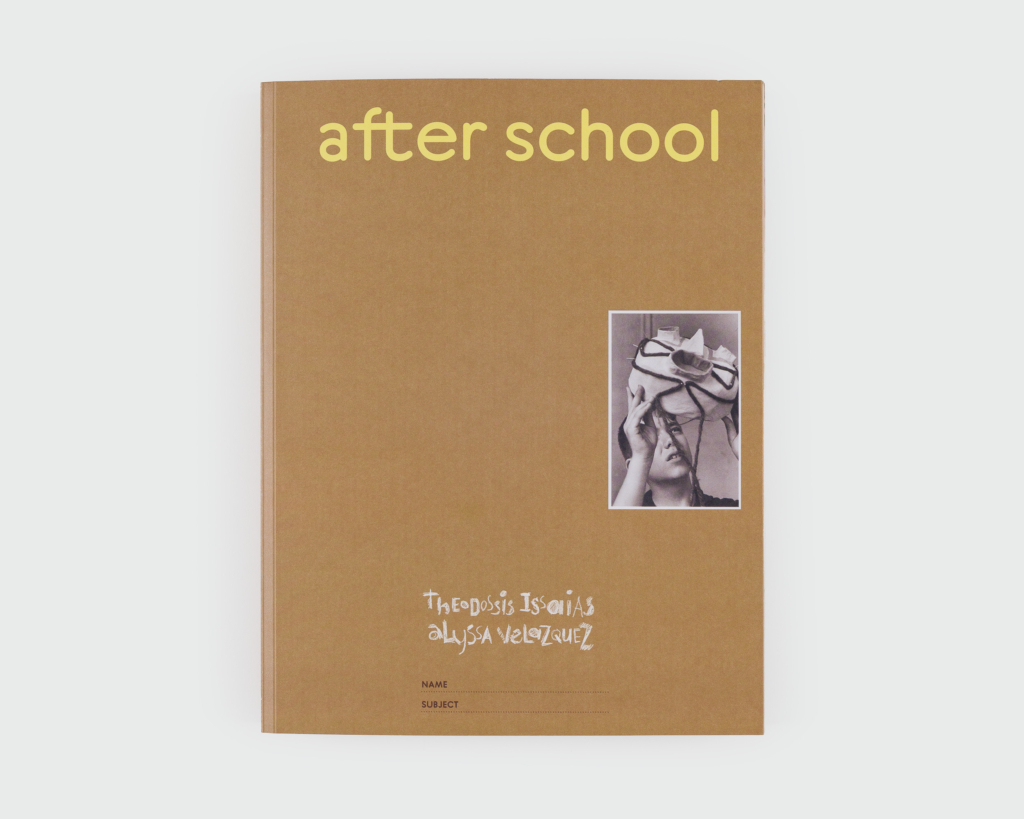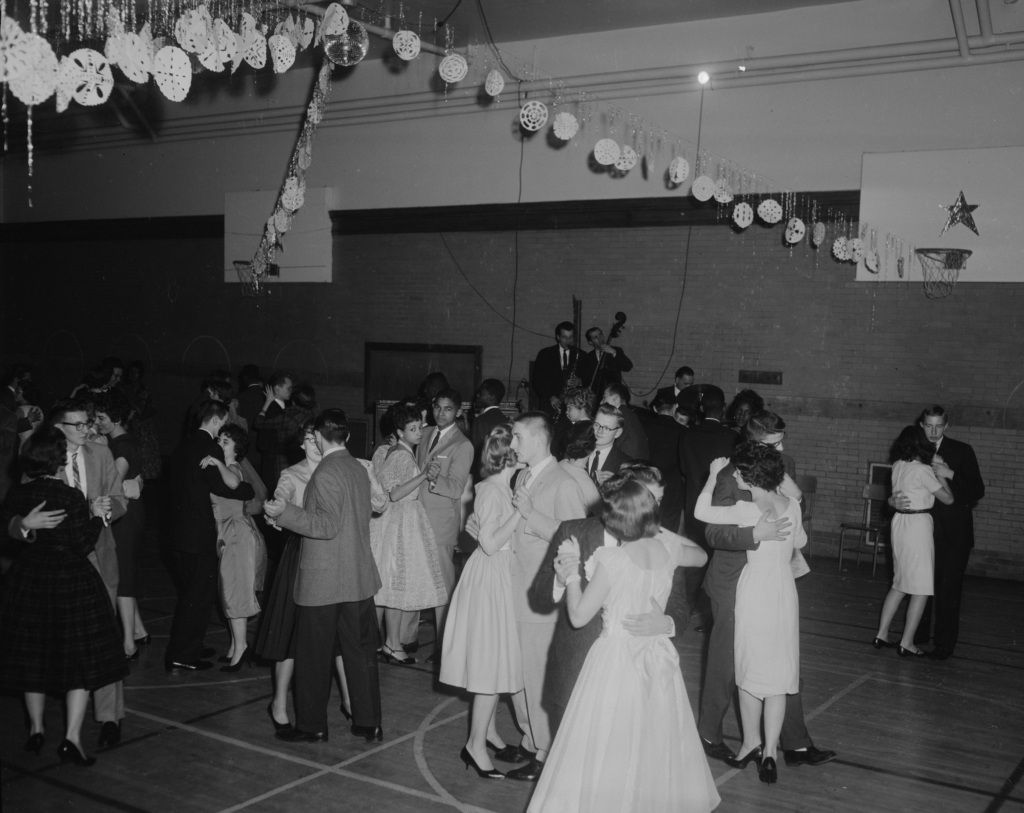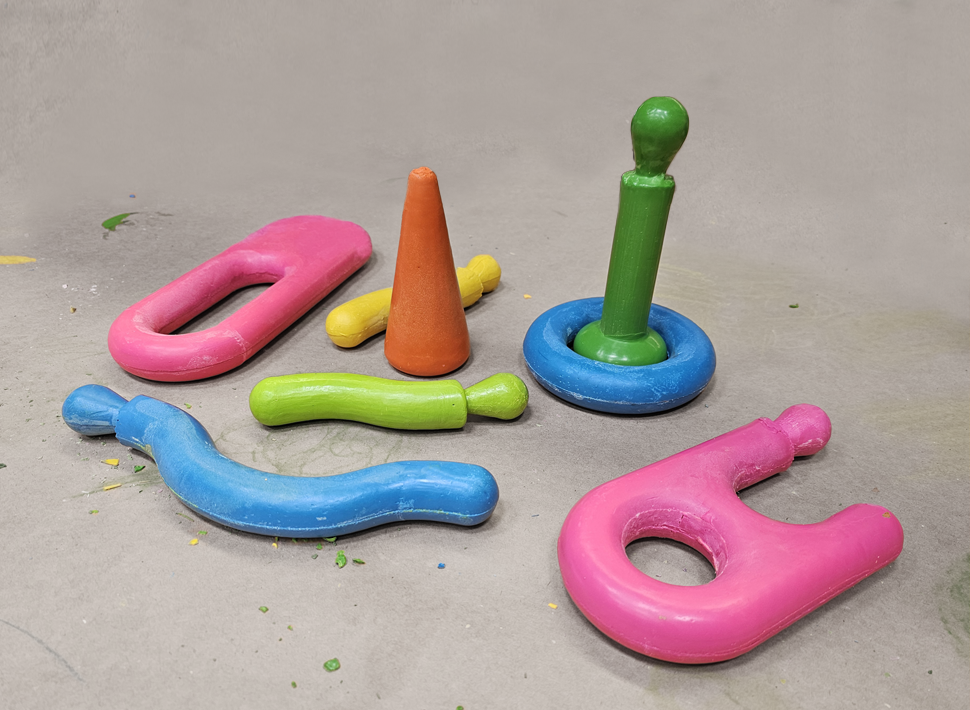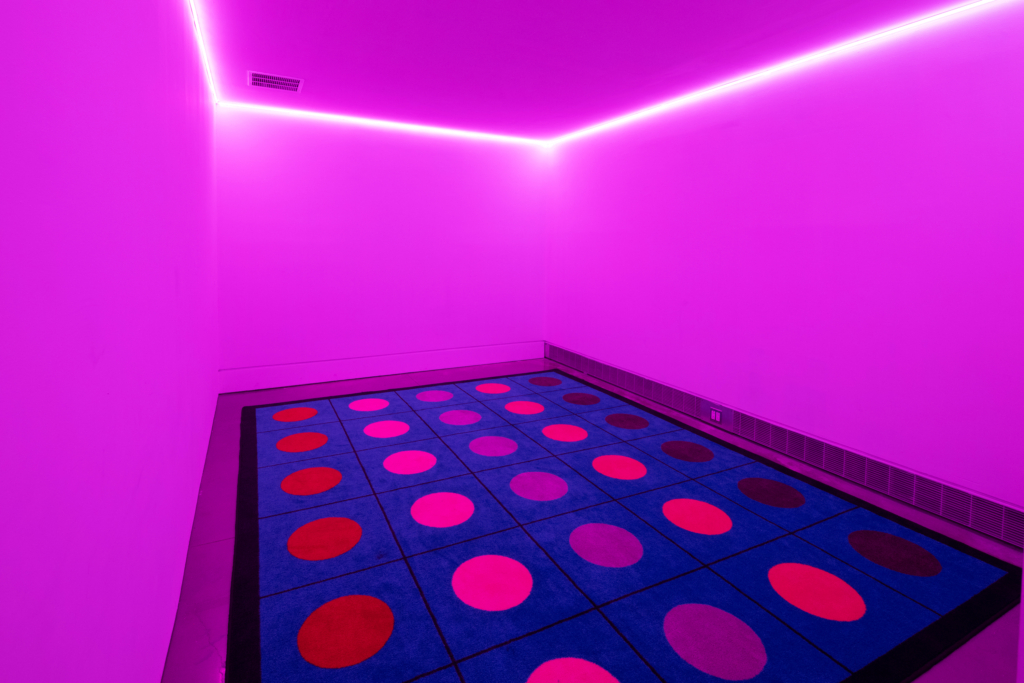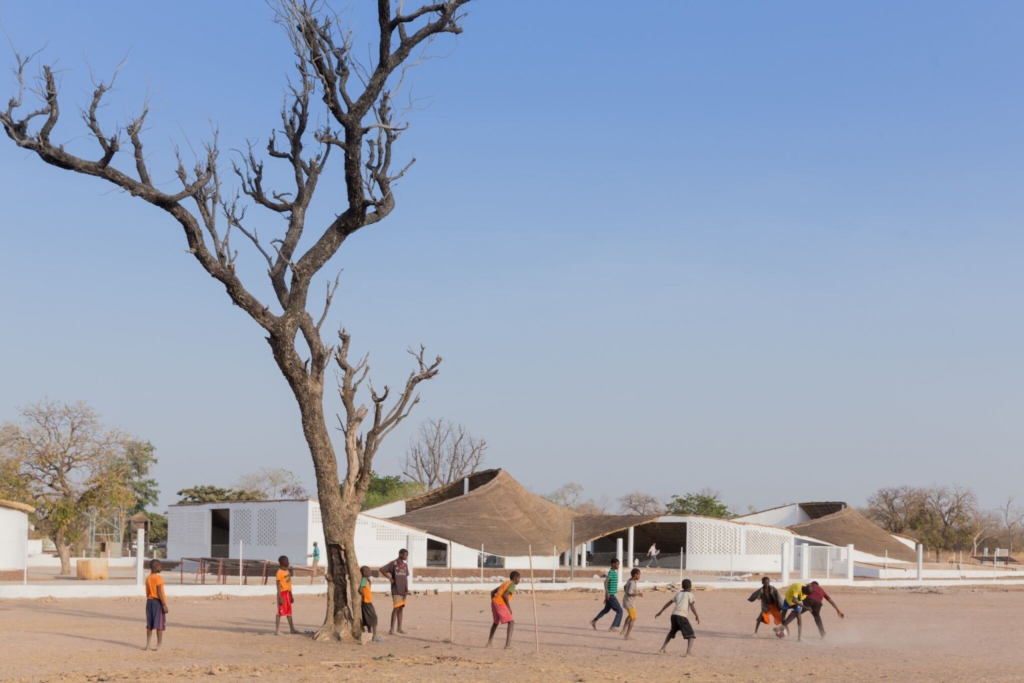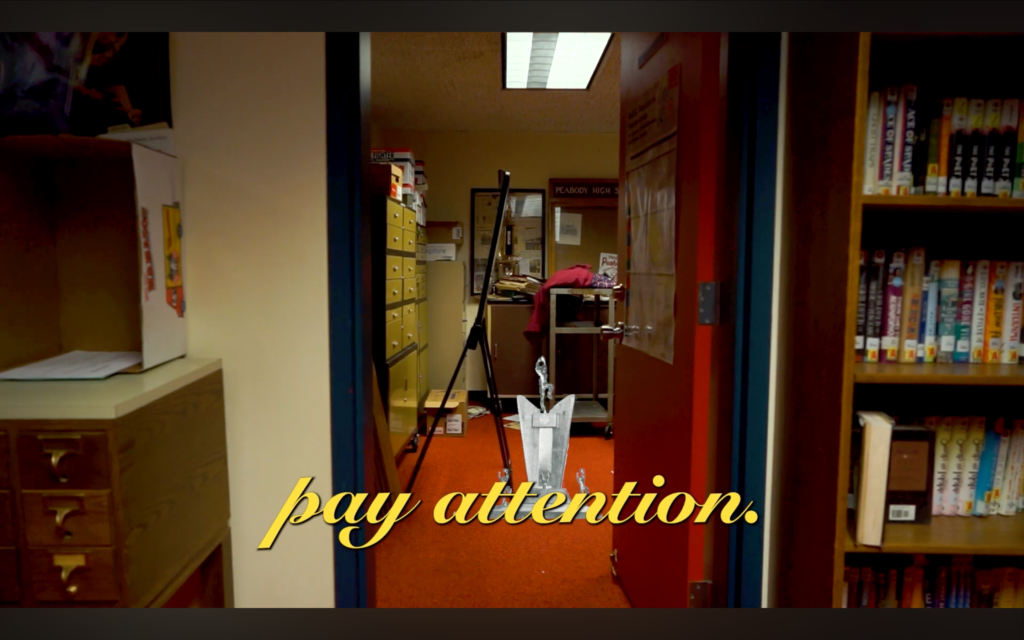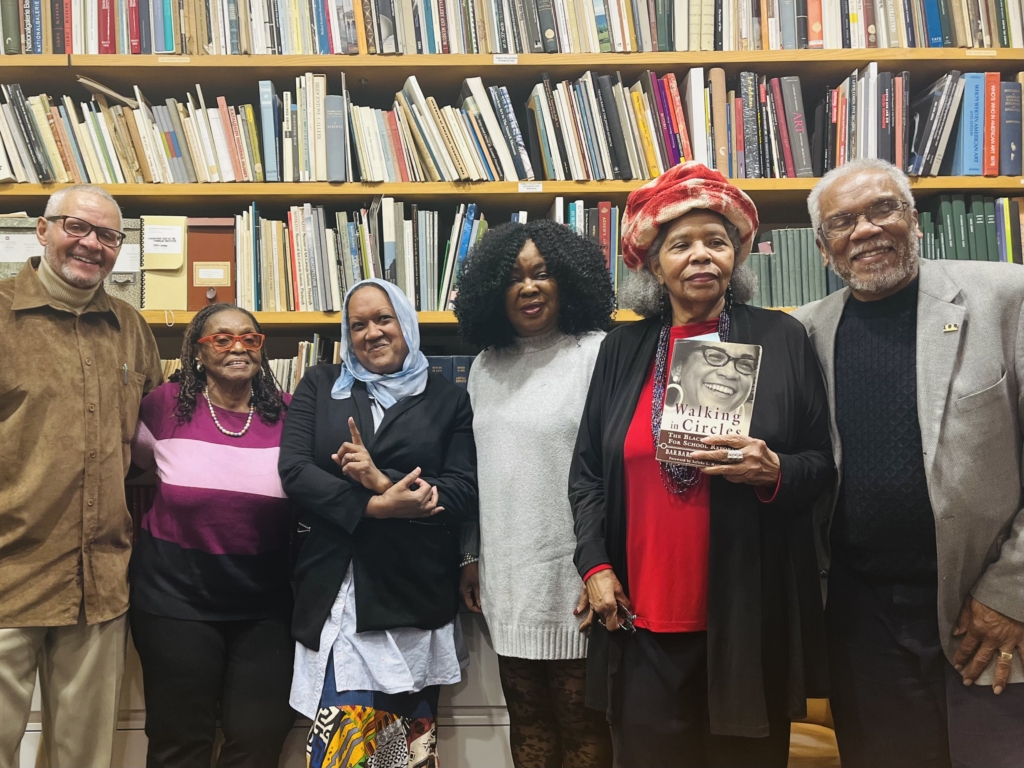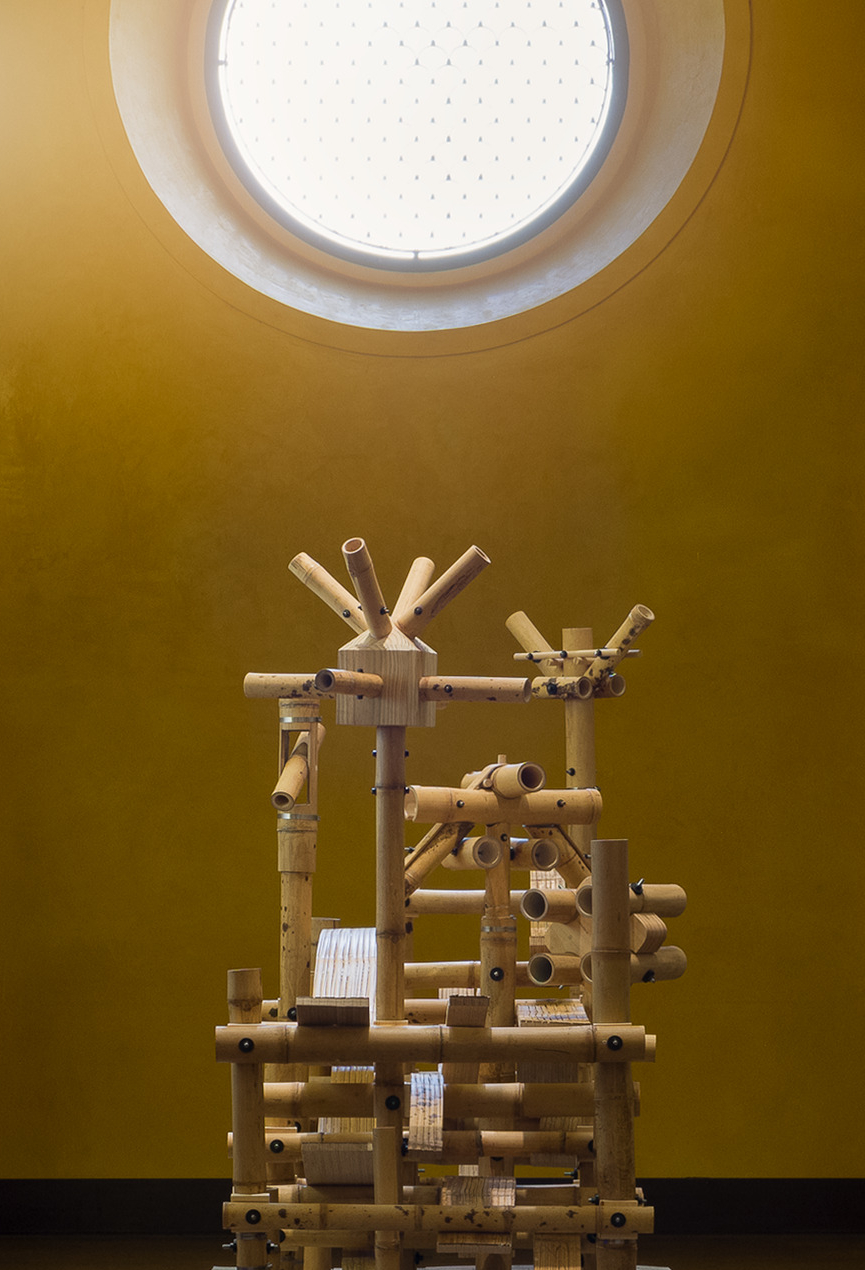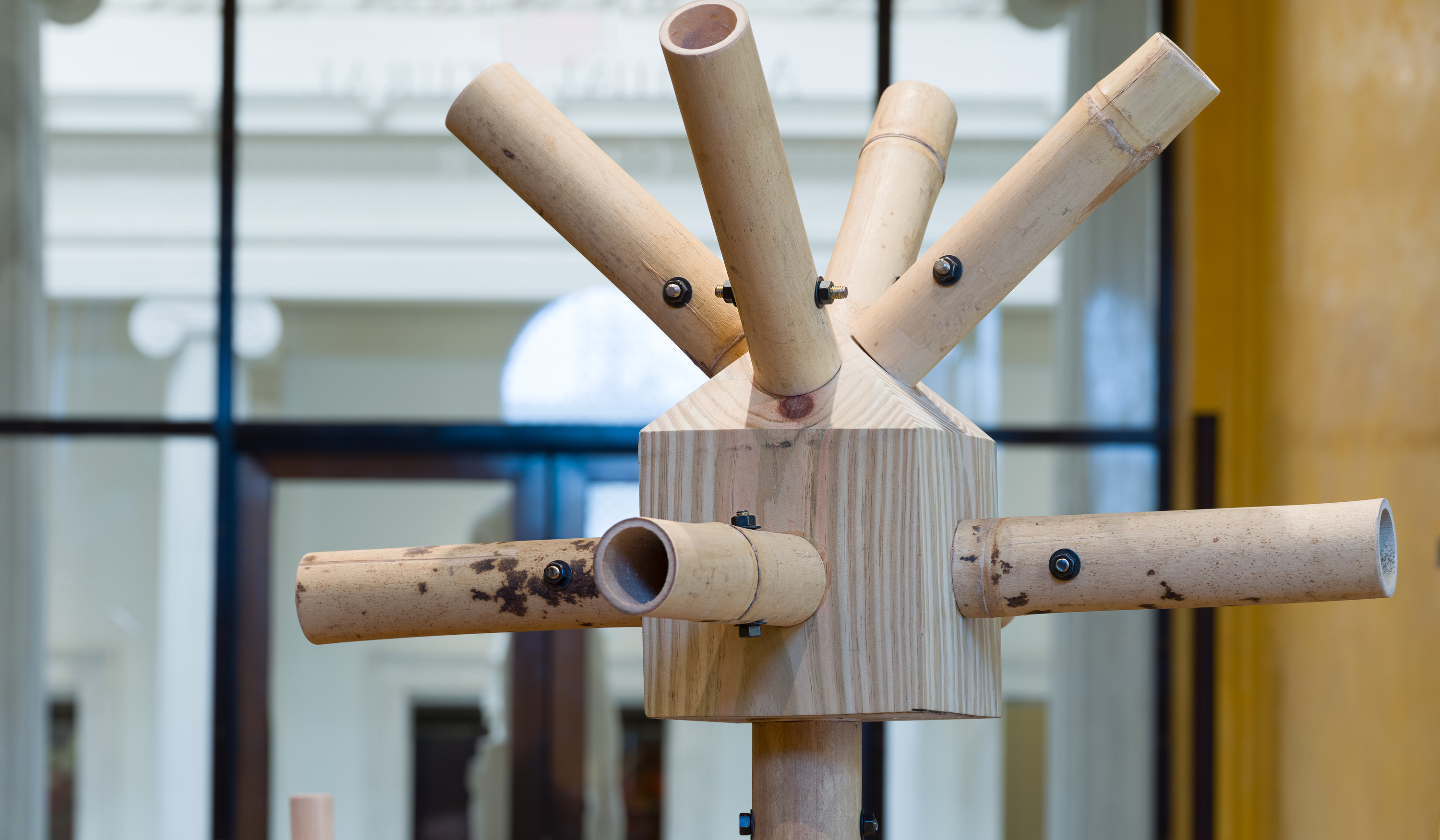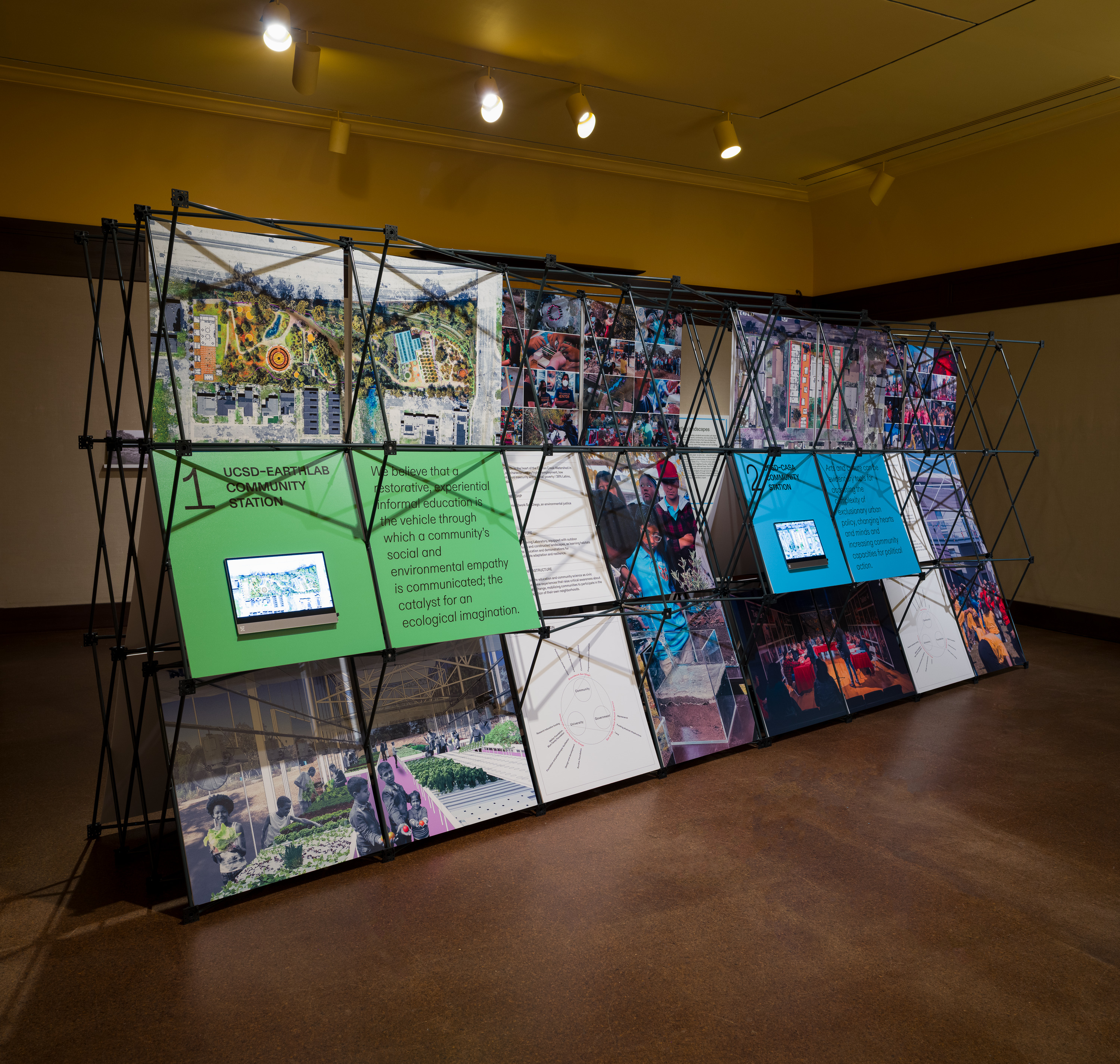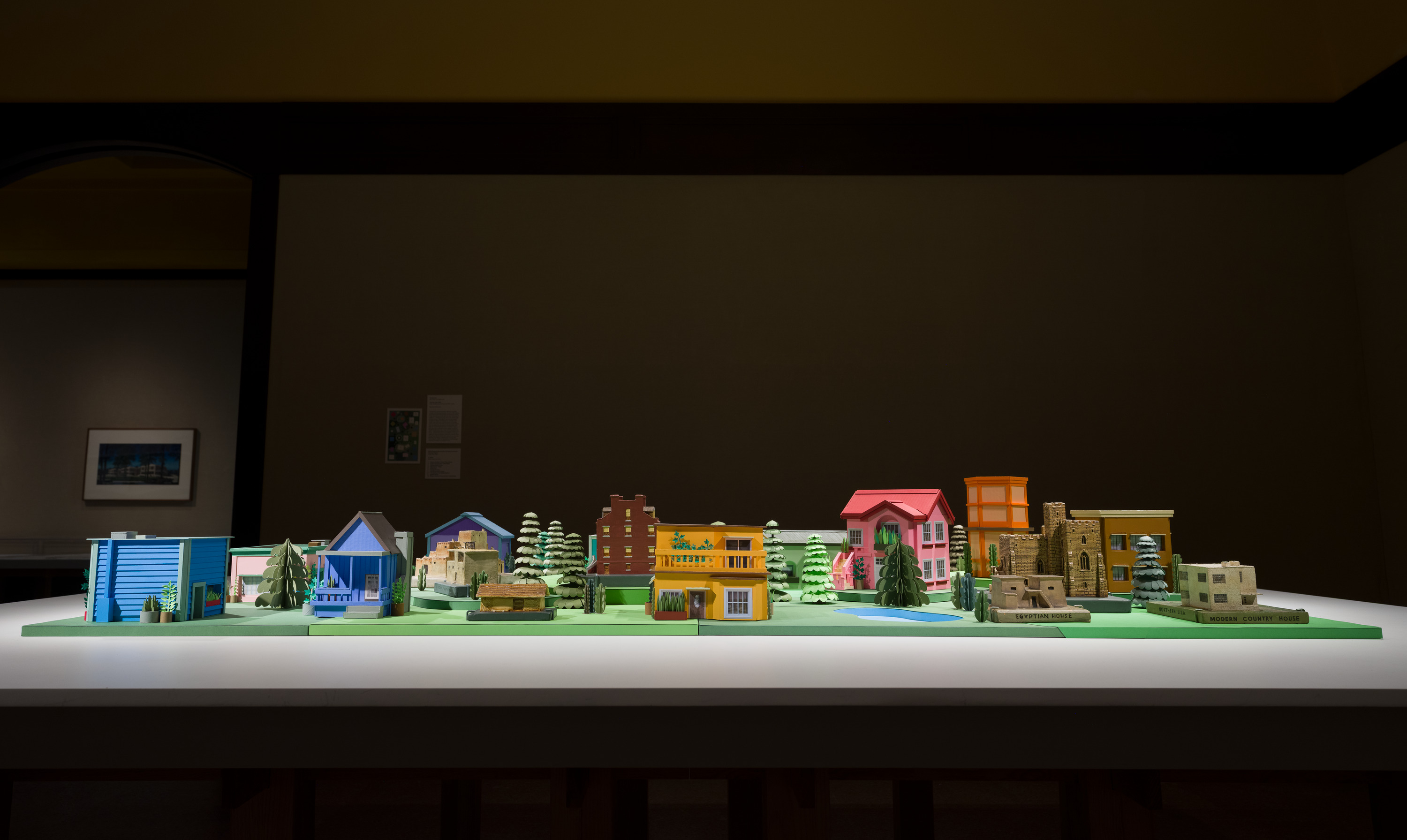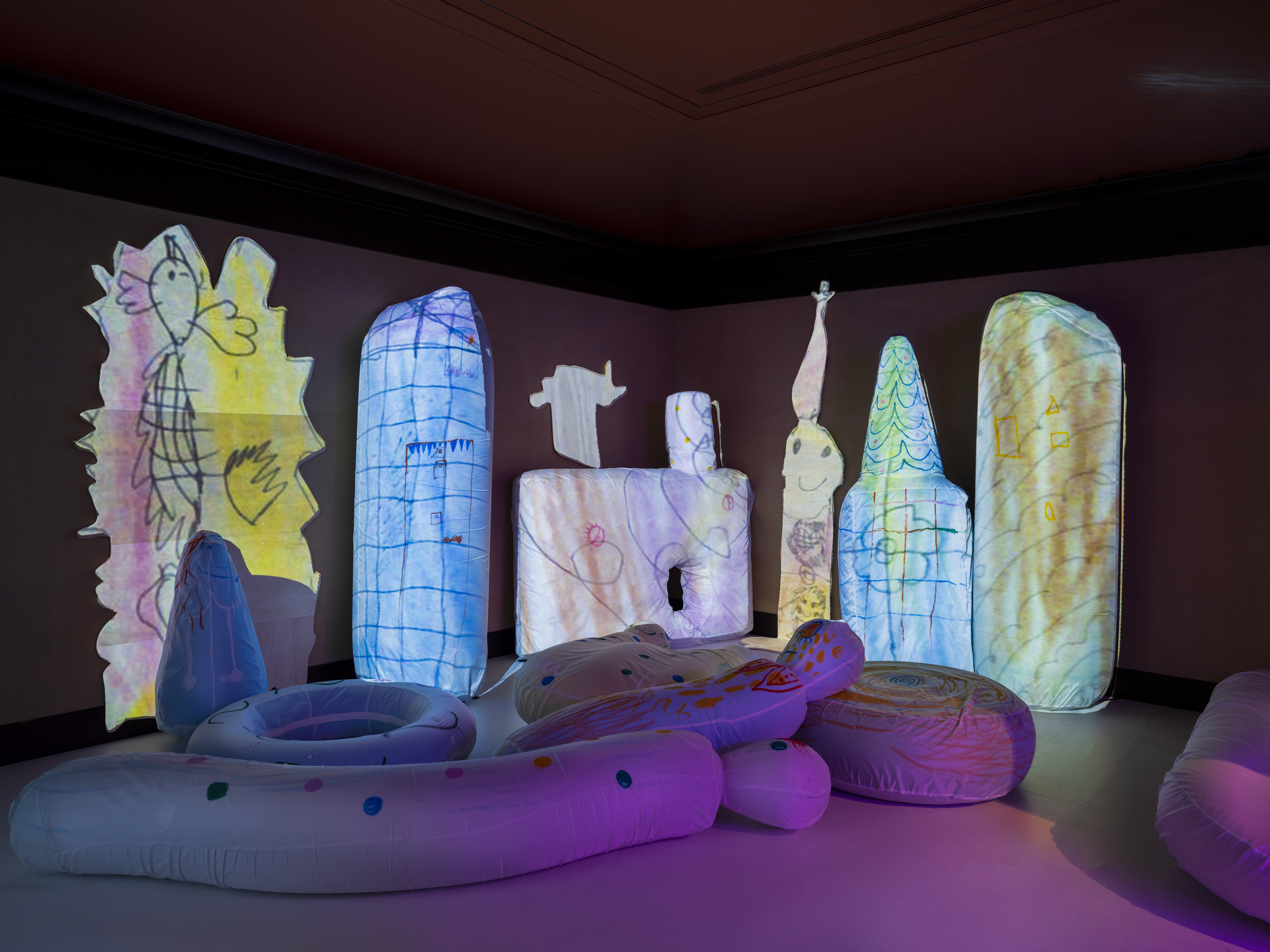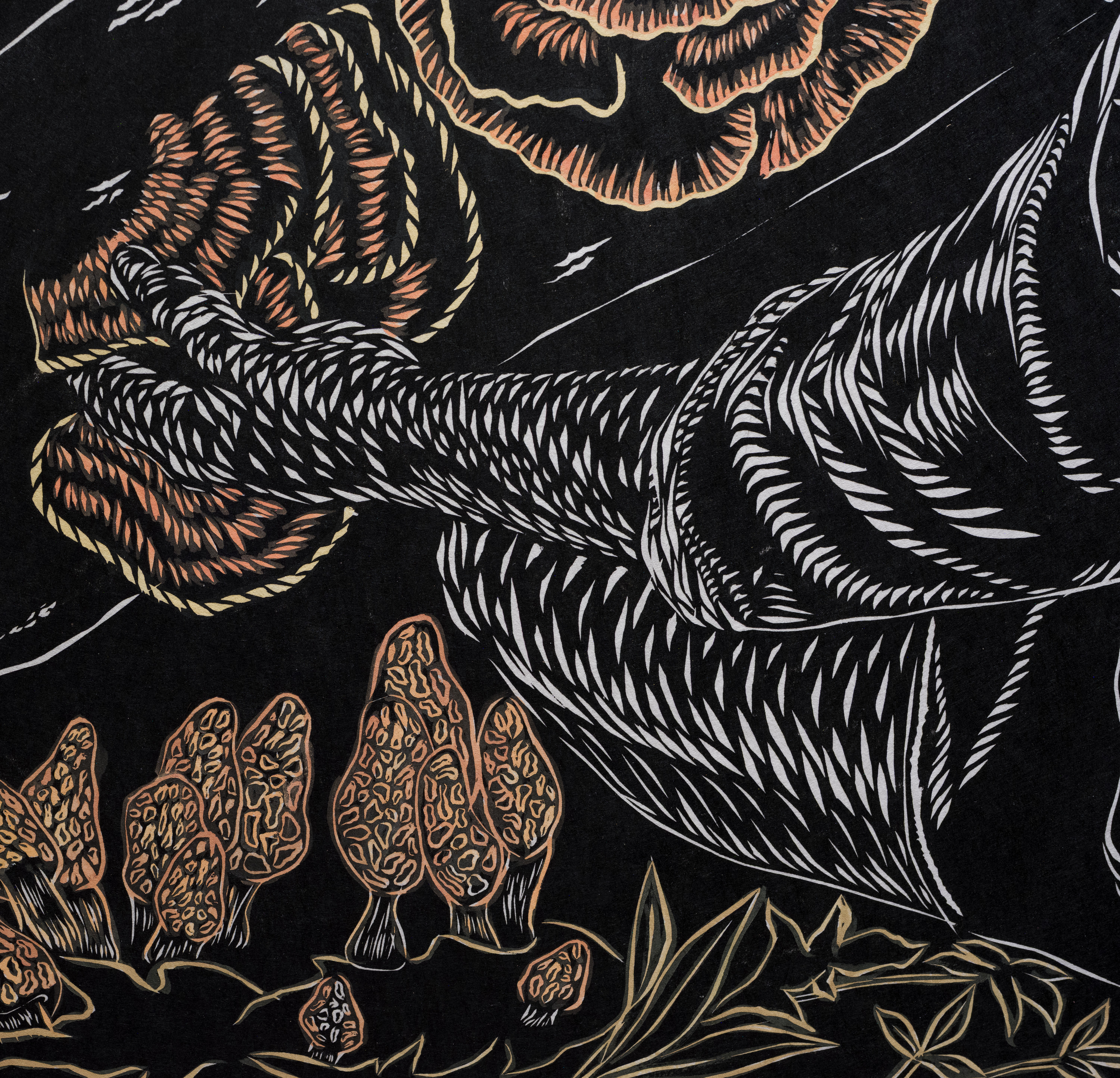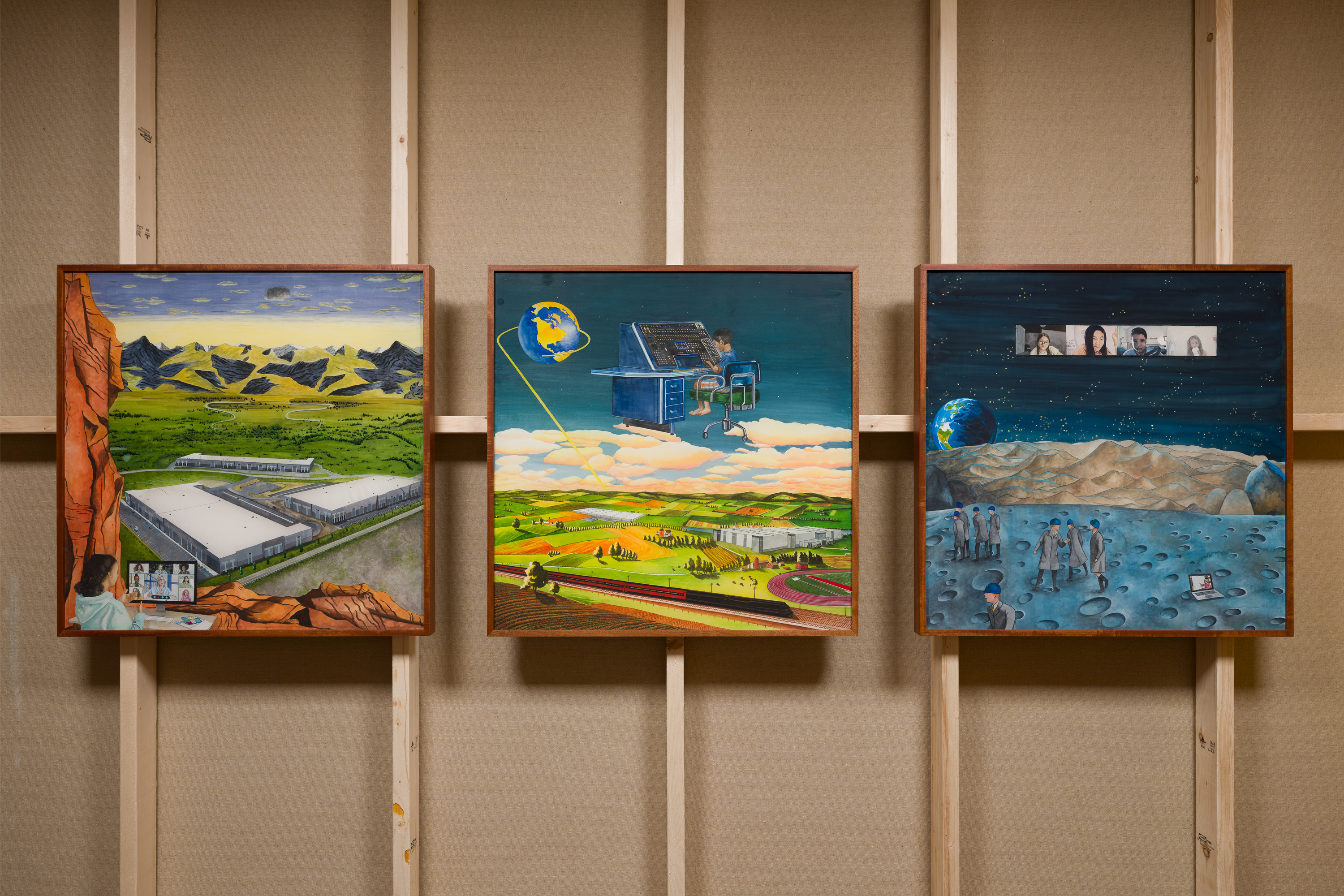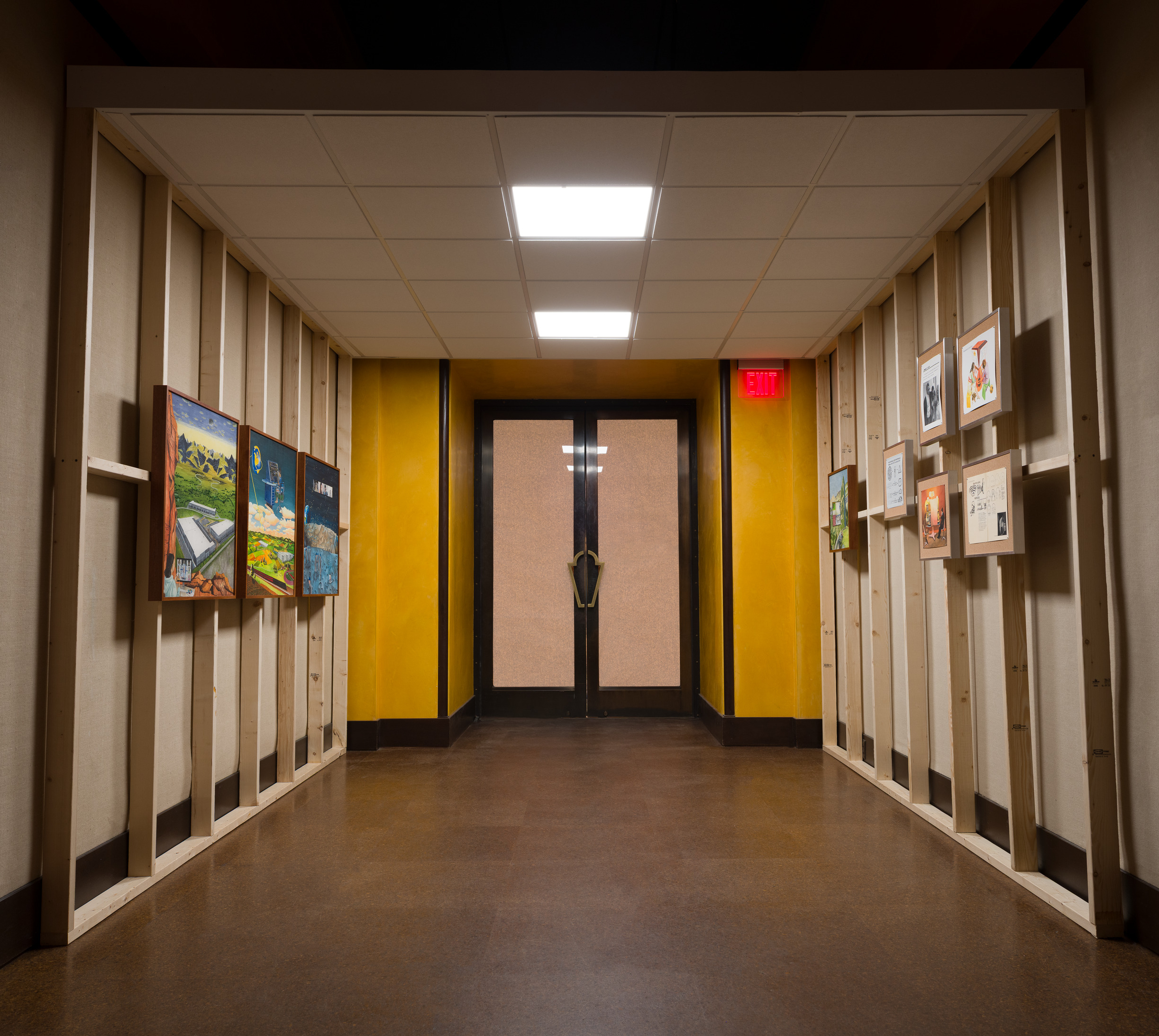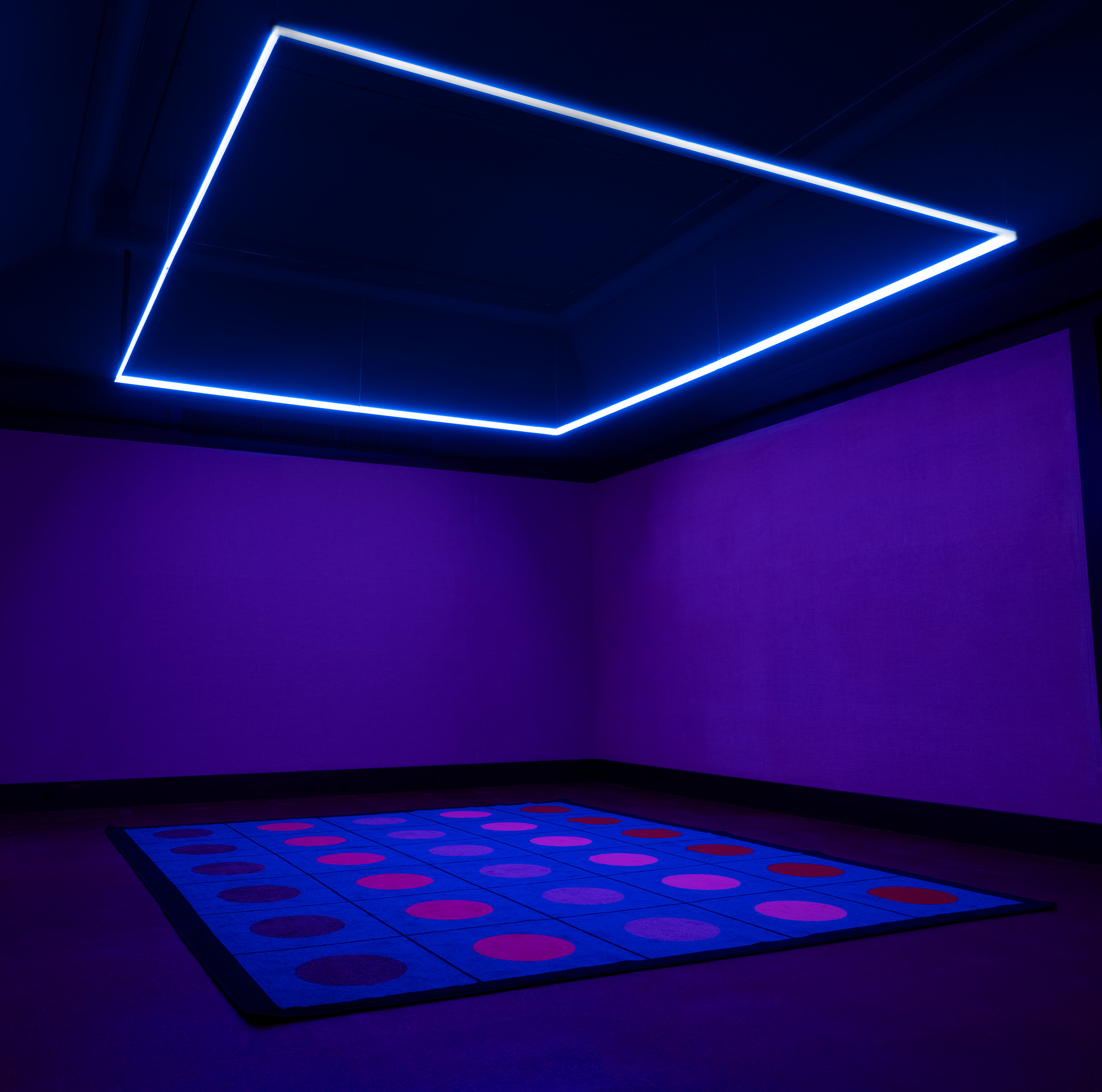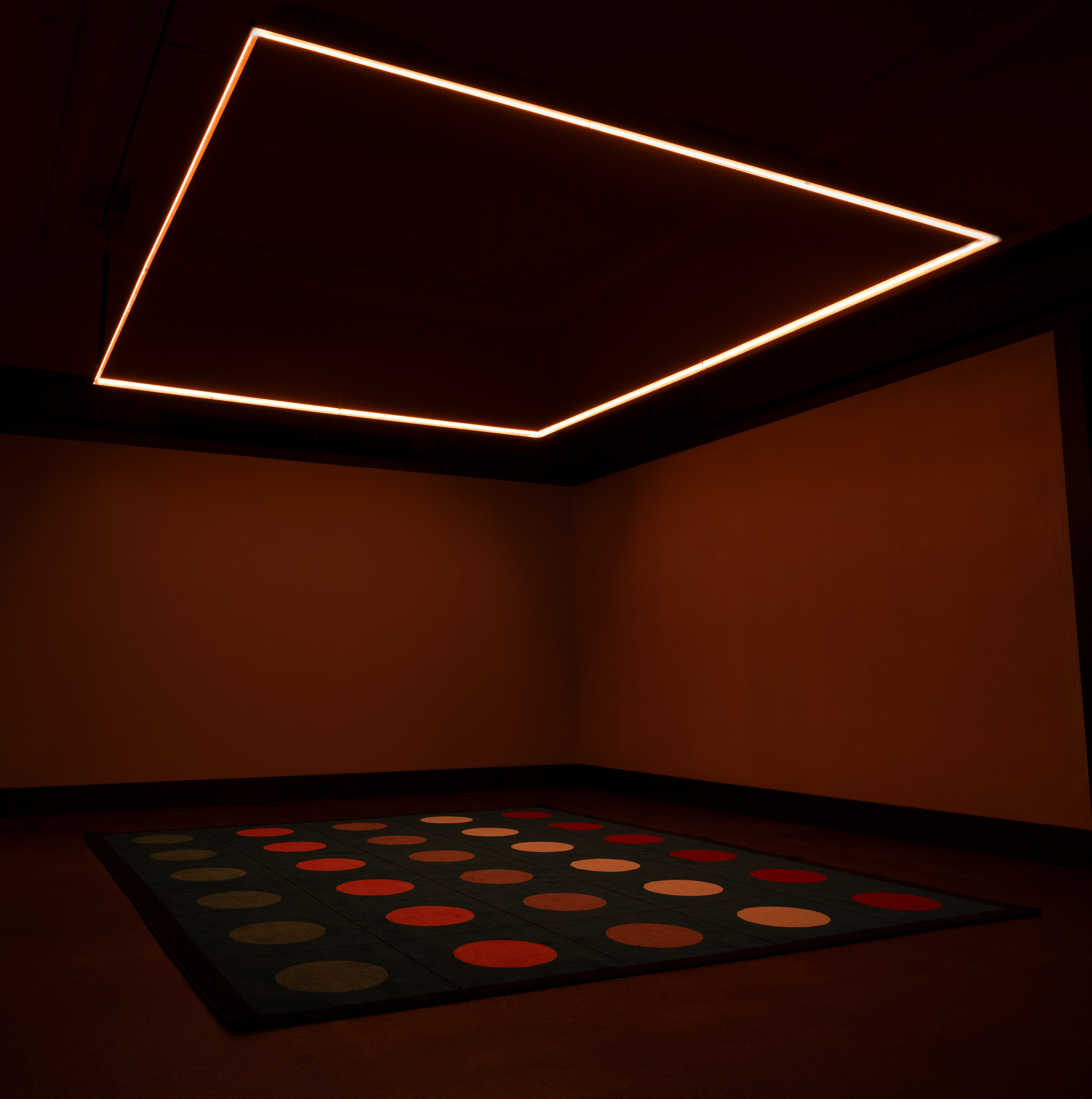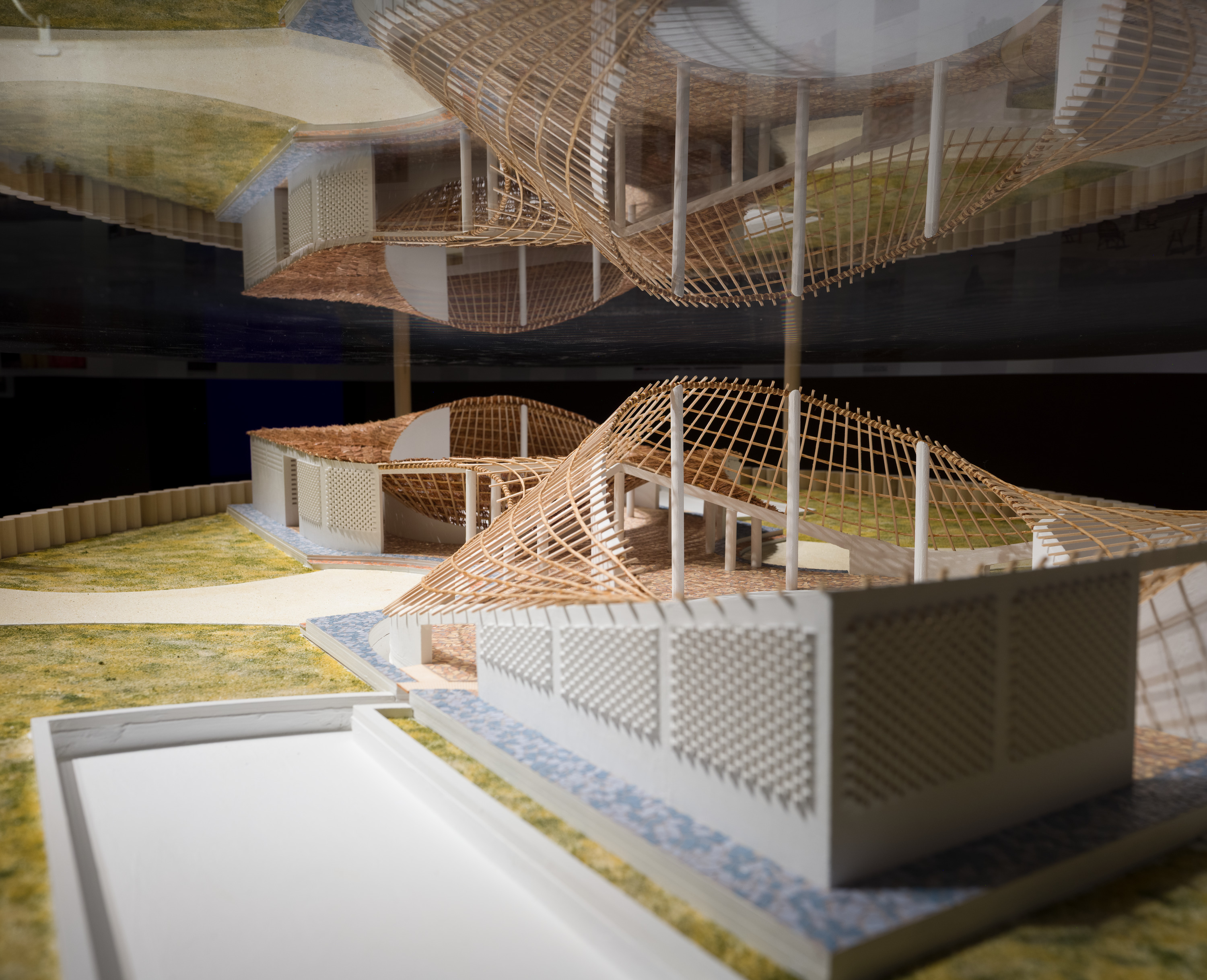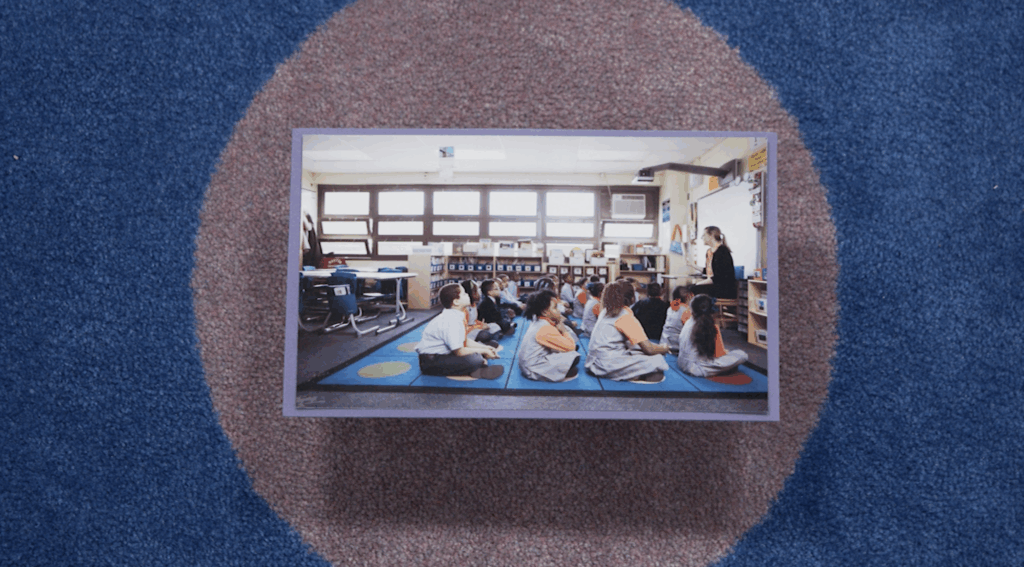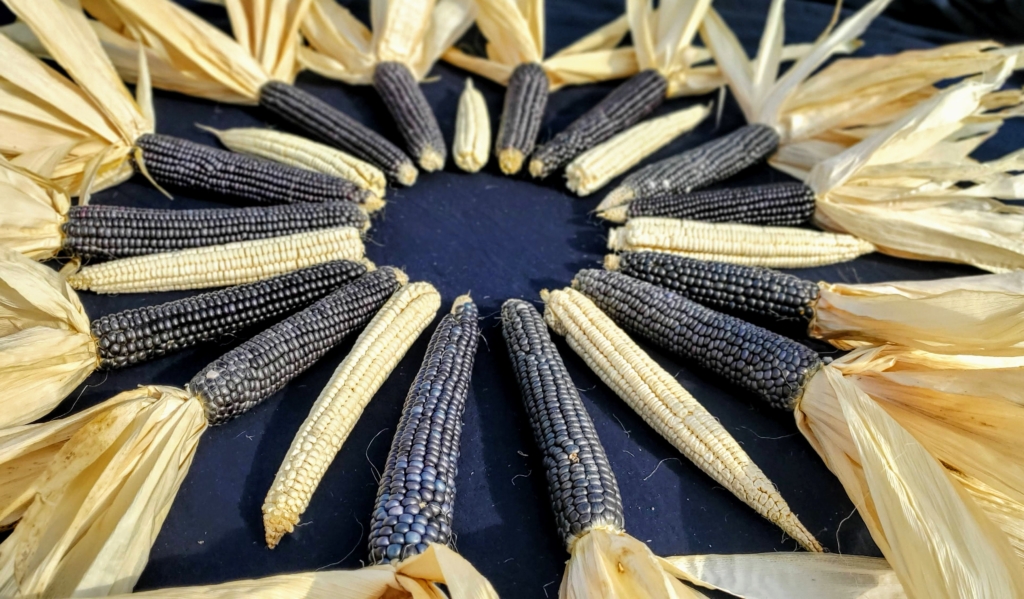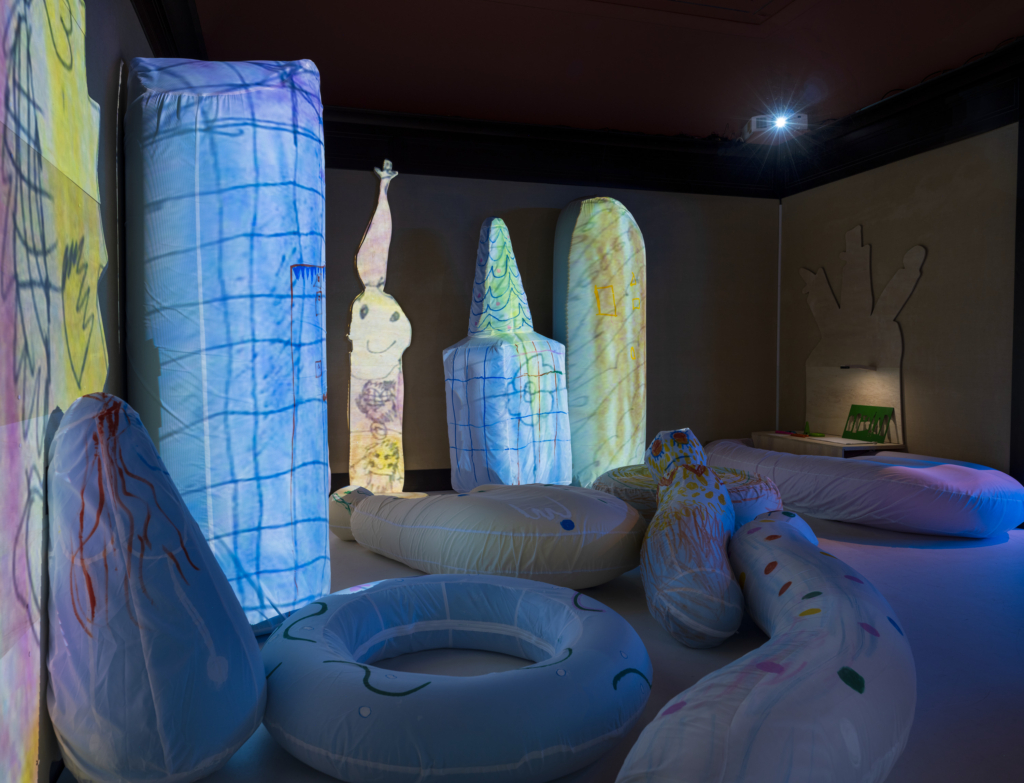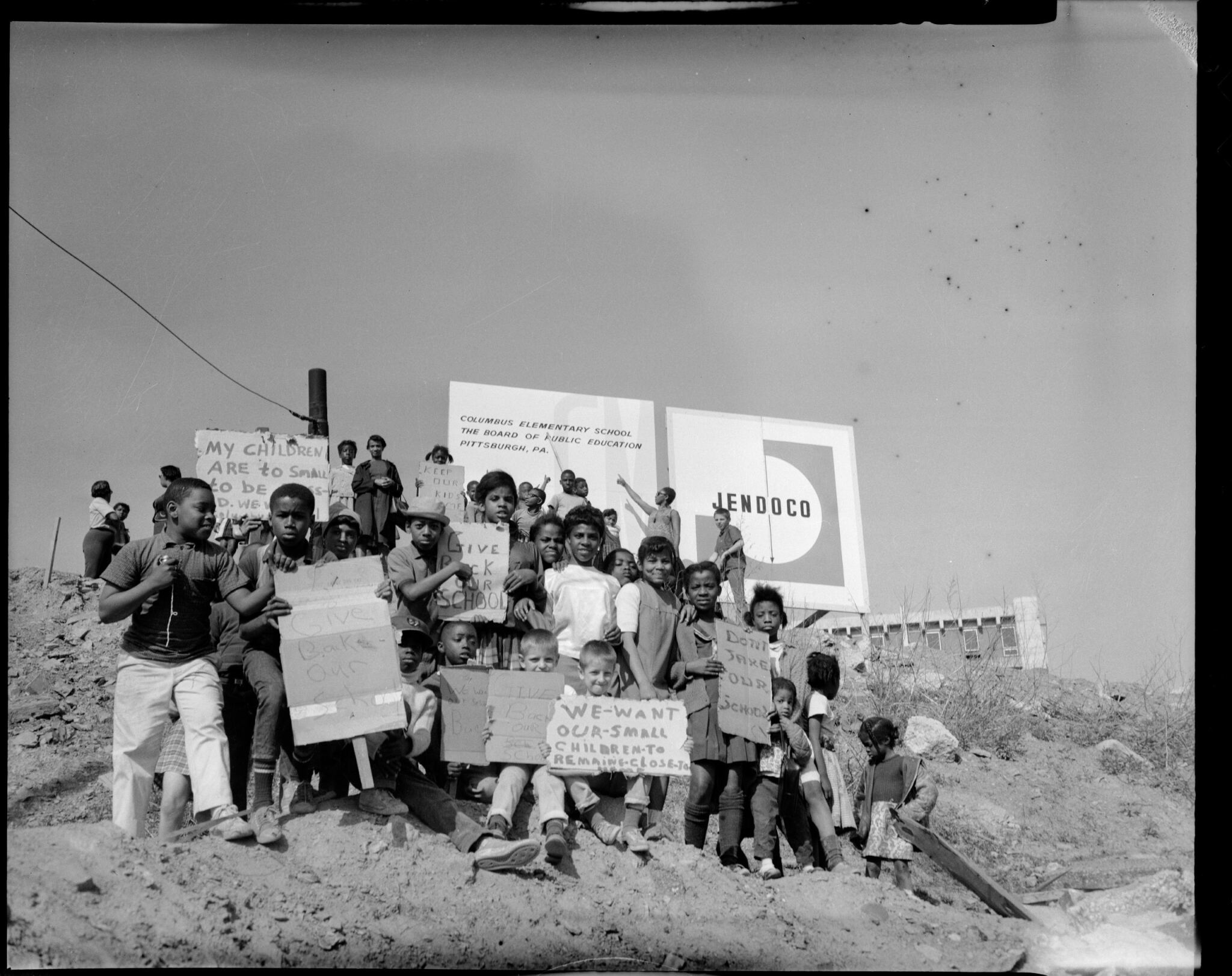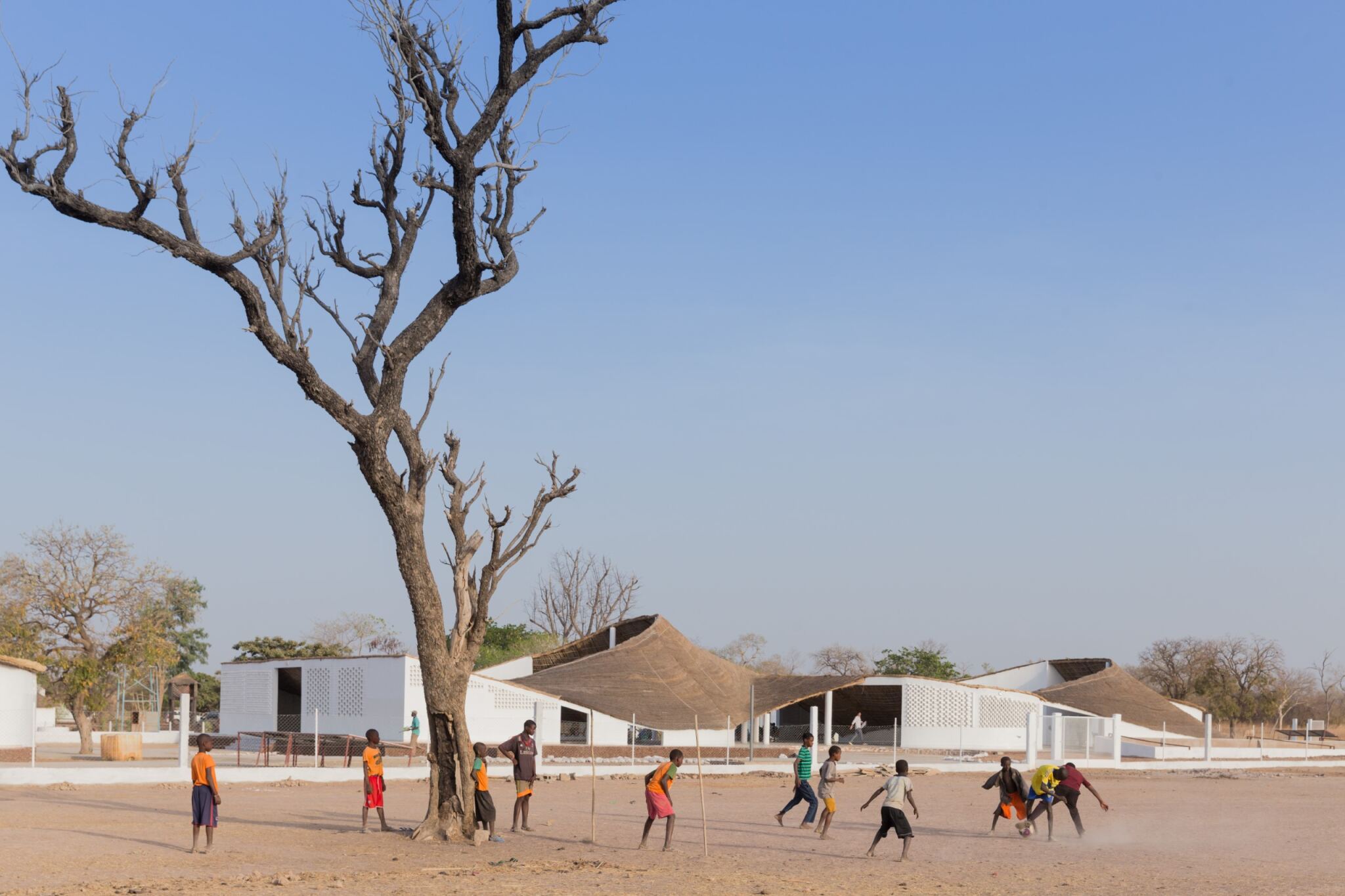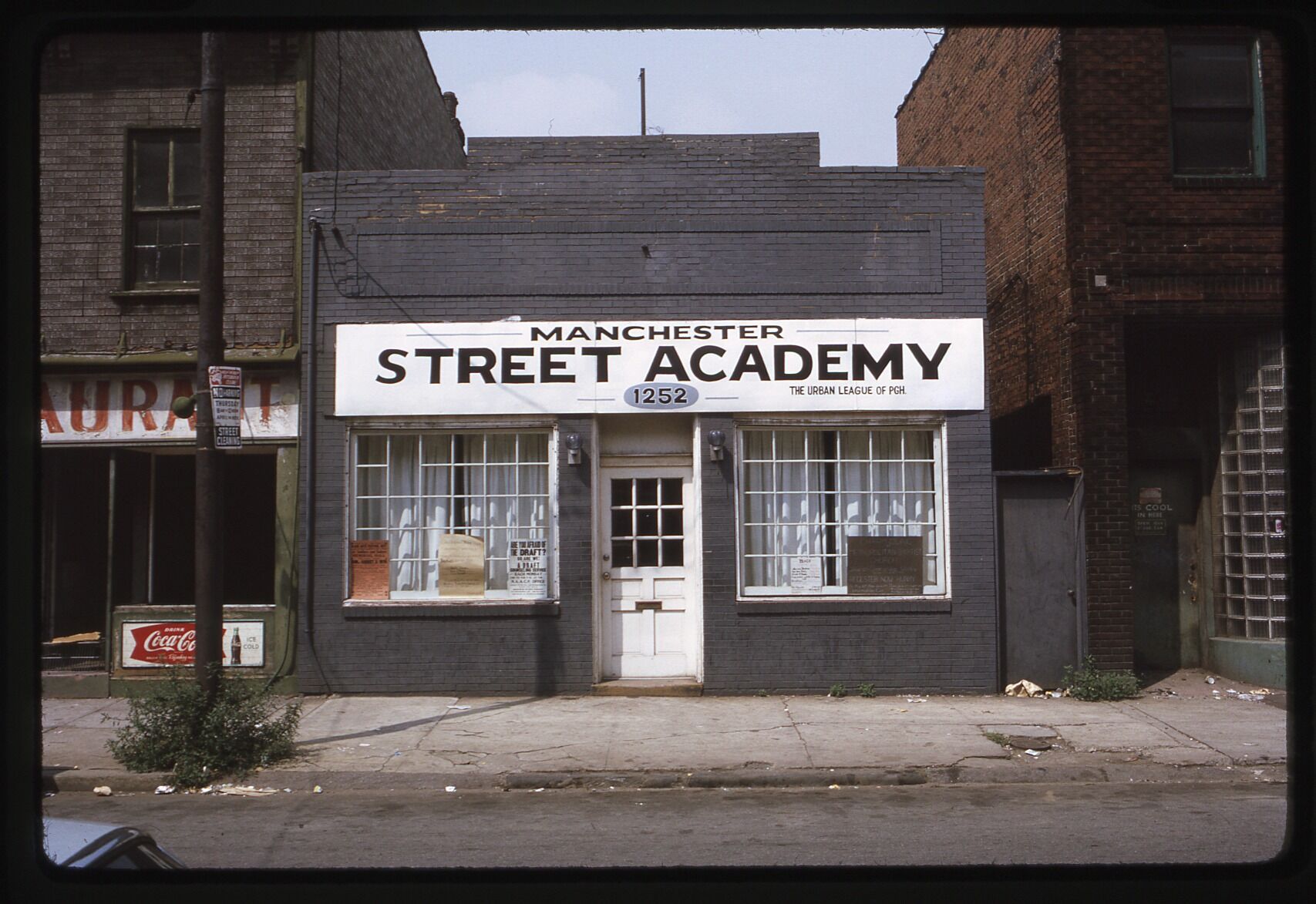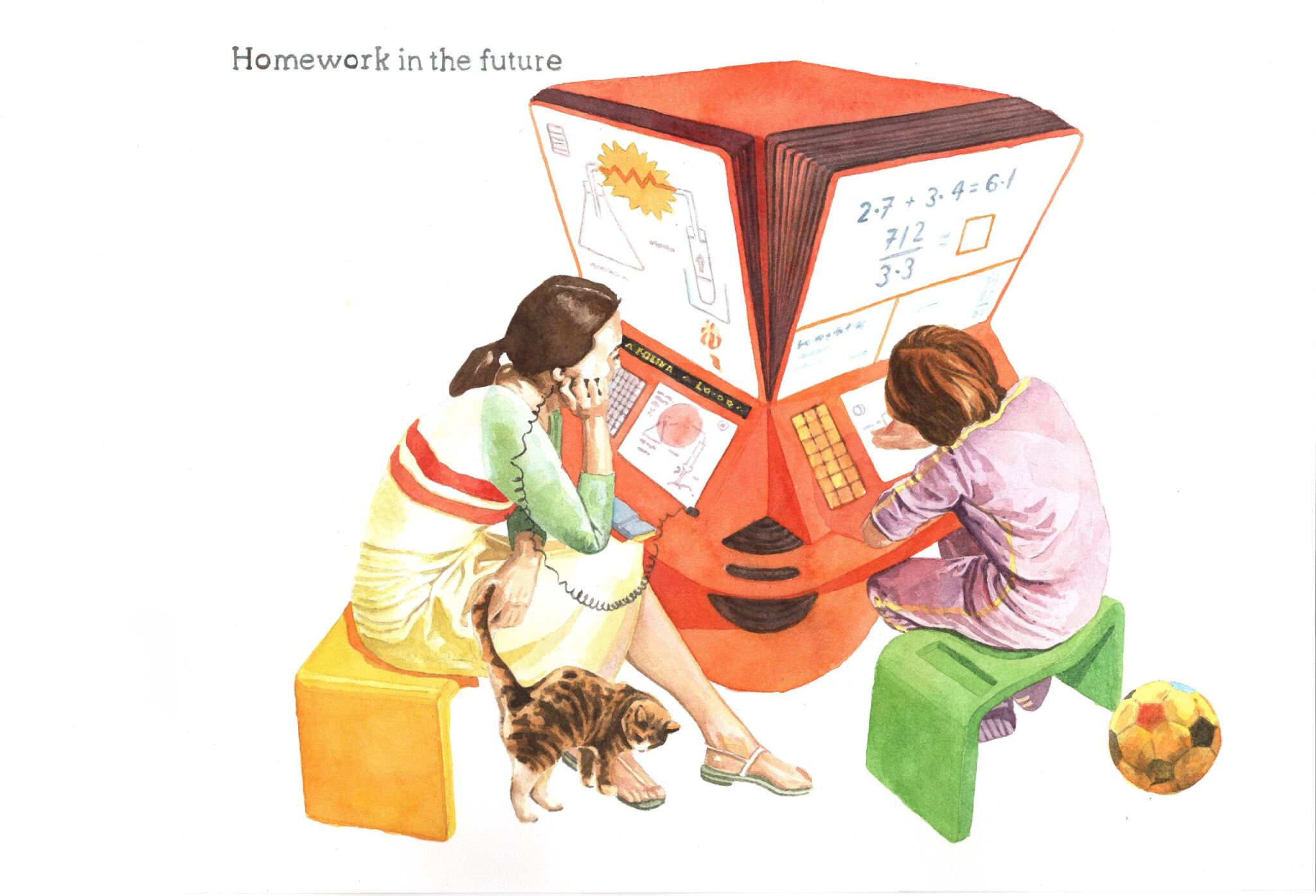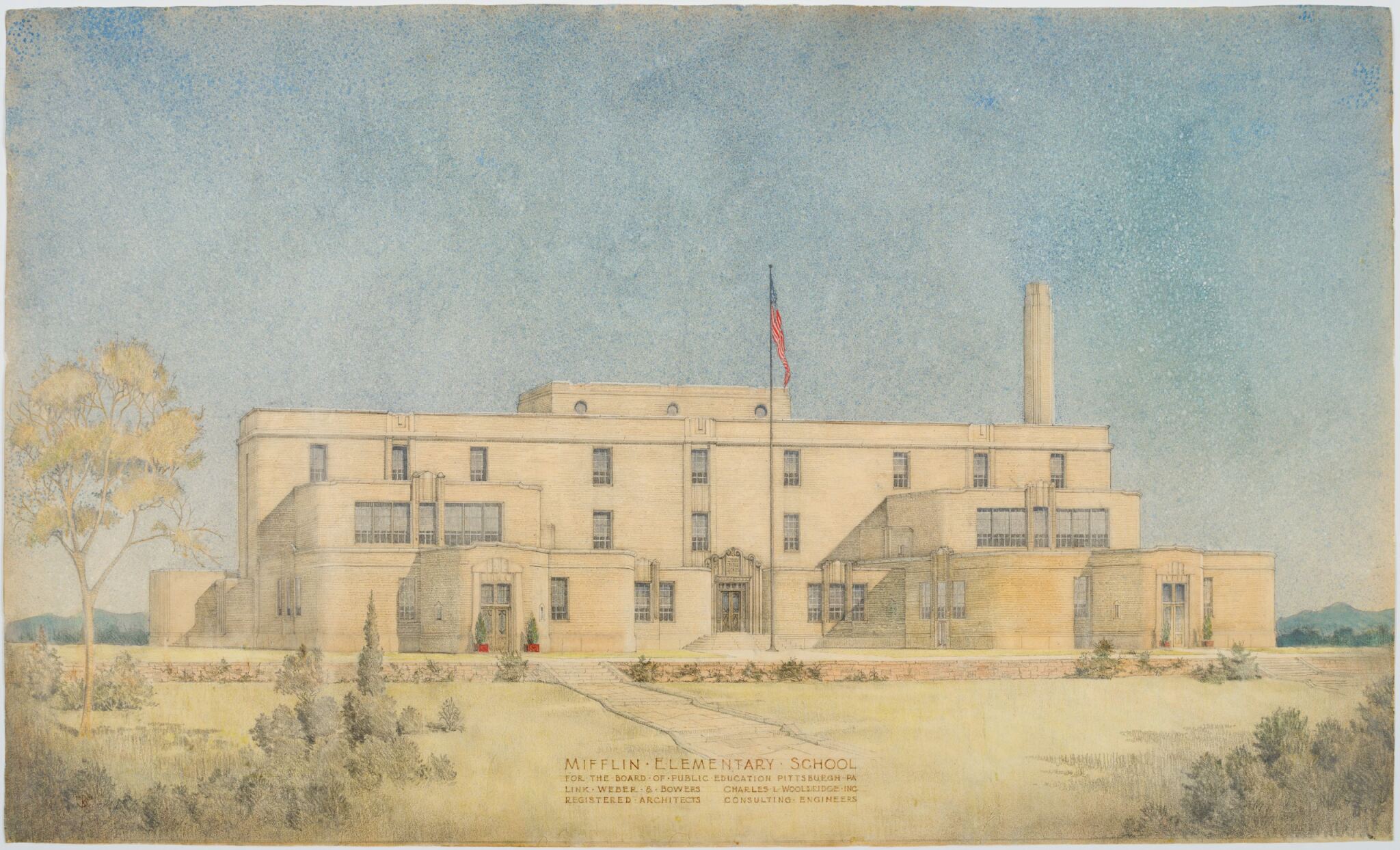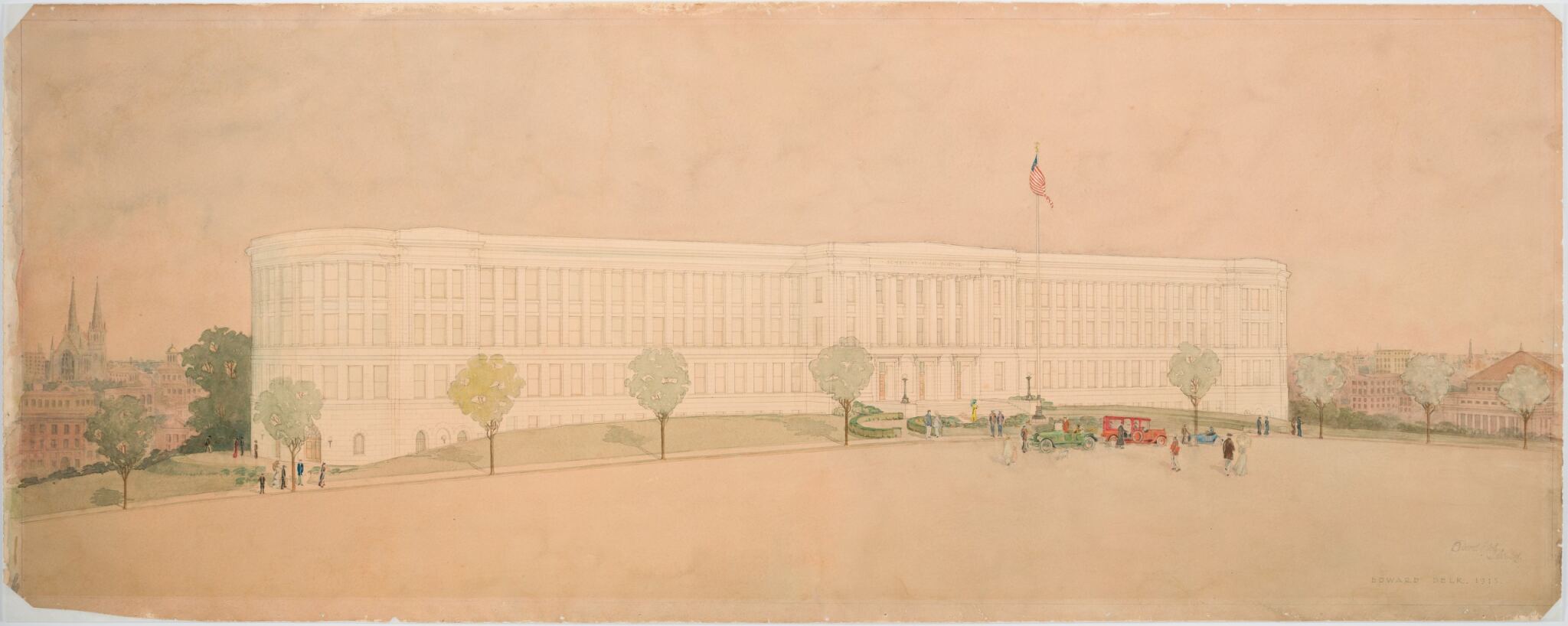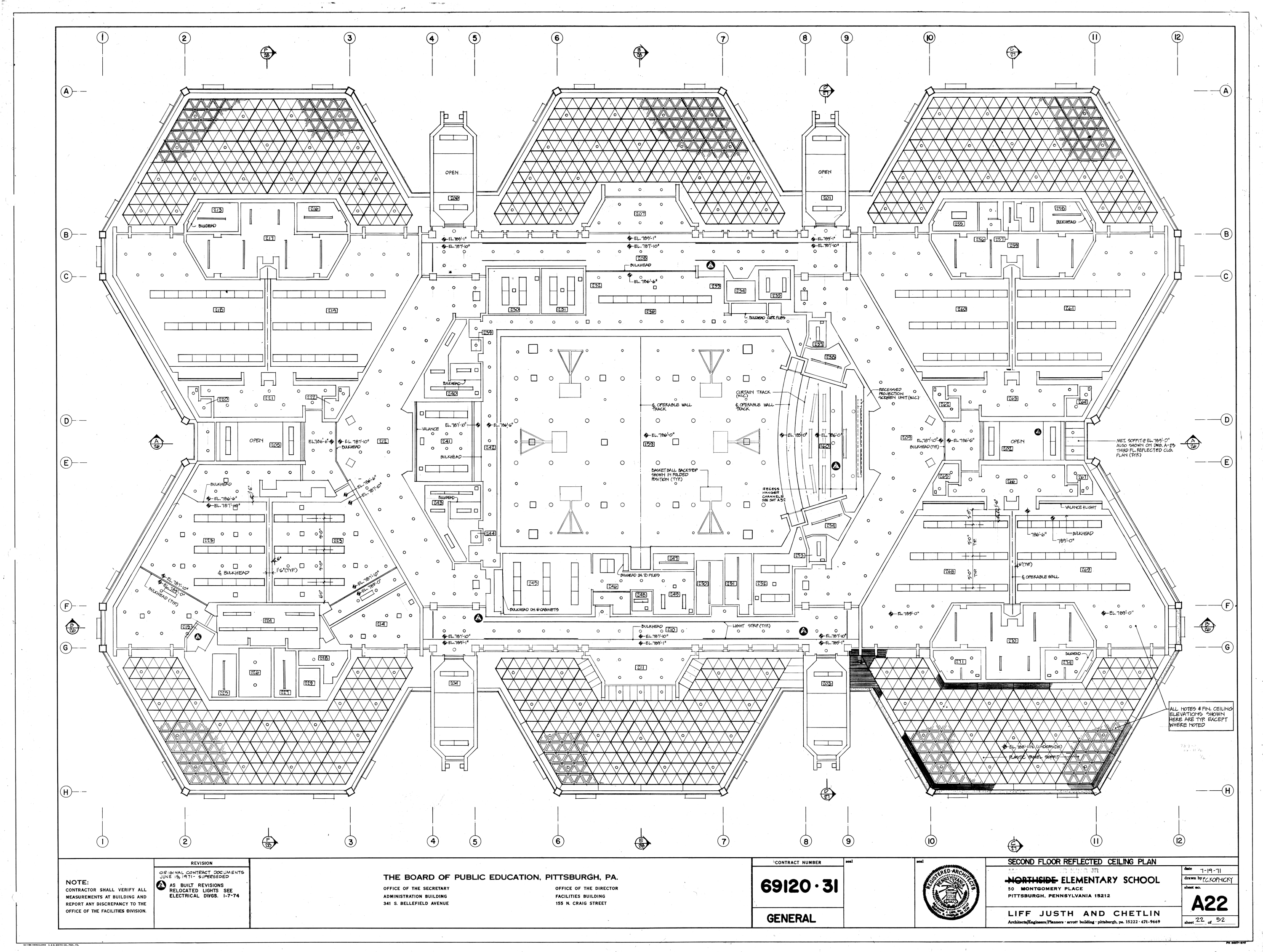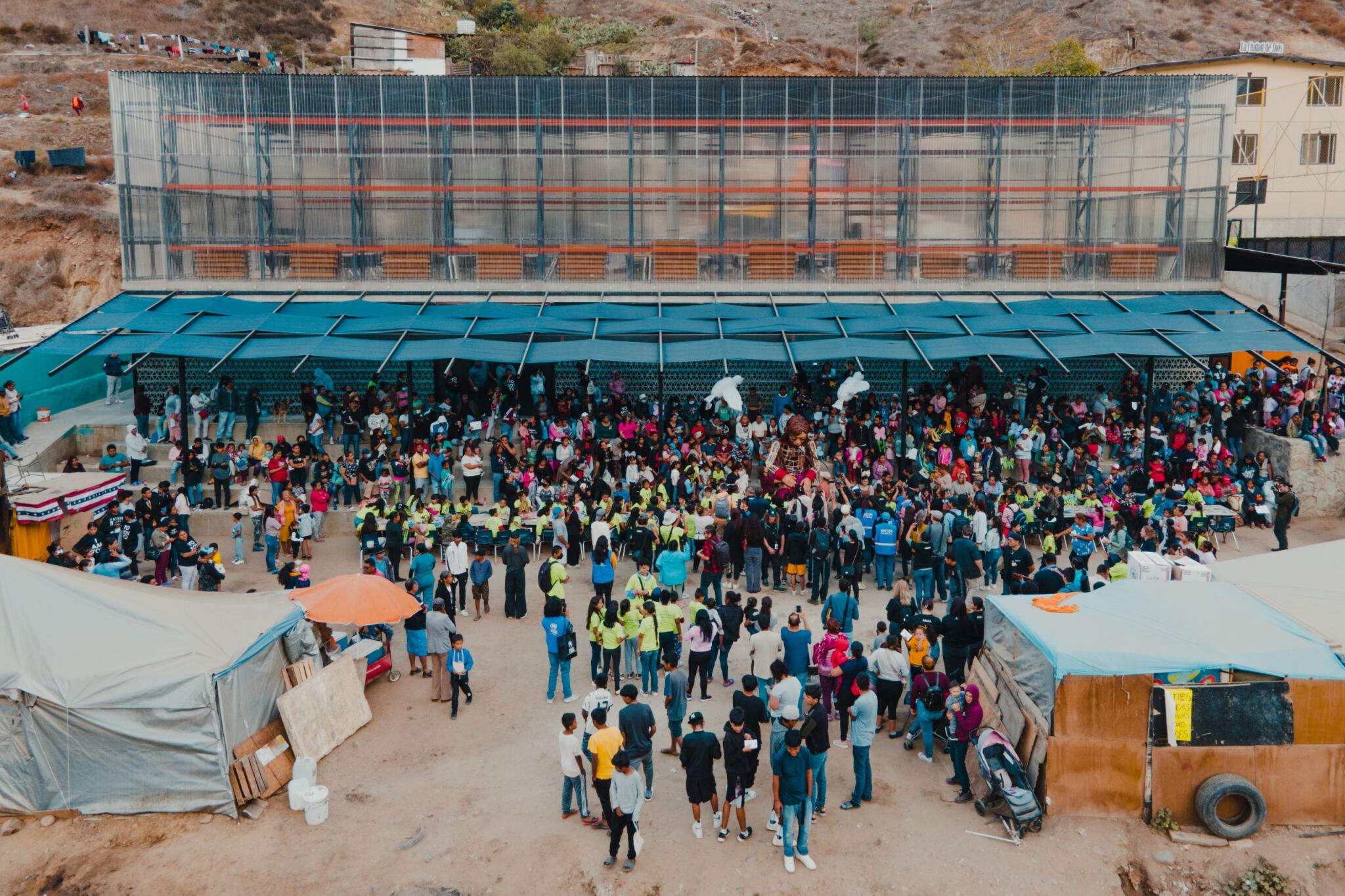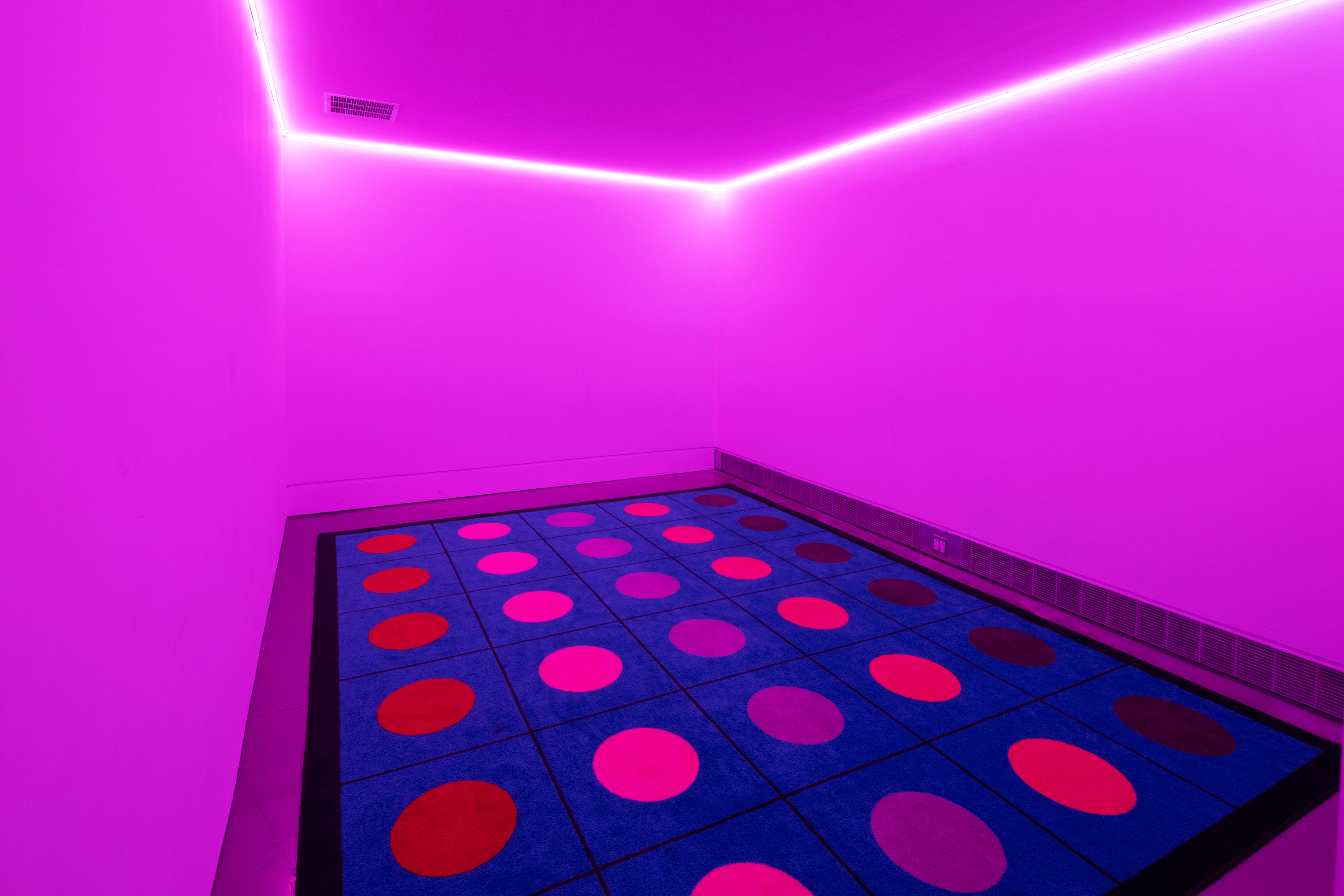Vicky Achnani is an architectural designer, educator, and maker based in Pittsburgh, serving as full-time special faculty at Carnegie Mellon School of Architecture. His design-build practice—rooted in material experimentation and social engagement, employs unconventional, sustainable methods in underserved communities. A licensed architect in India, he earned his B.Arch from CEPT University and M.Arch from Yale, supported by the India2EU II and J.N. Tata scholarships. Prior to Yale, he taught studio courses at CEPT and other universities.
Gabo Camnitzer is an artist and educator working across experimental pedagogy, installation, and video. Camnitzer’s work revolves around questions of education and knowledge exchange, often focusing on childhood to examine the societal structures that surround and shape subjectivity. Camnitzer is Associate Professor of Art Education and Director of the Saturday Studios Program for children at Massachusetts College of Art and Design in Boston, Massachusetts. He has previously held teaching positions at UMass Dartmouth, Columbia University, Valand Academy, Sweden, as well as public elementary schools in New York City.
Teddy Cruz (MDes Harvard University) is a Professor of Public Culture and Urbanization in the Department of Visual Arts at the University of California, San Diego. He is known internationally for his urban research of the Tijuana/San Diego border, advancing border neighborhoods as sites of cultural production from which to rethink urban policy, affordable housing, and public space.
Fonna Forman (PhD University of Chicago) is a Professor of Political Theory at the University of California, San Diego and Founding Director of the UCSD Center on Global Justice. Her work focuses on climate justice, borders and migration, and participatory urbanization. She serves as Co-Chair of the University of California’s Global Climate Leadership Council.
Together they lead the UCSD Community Stations, a research-based urban and architectural design practice at UC San Diego, investigating borders and migration, informal urbanization, emergency housing, bioregional climate resilience, civic infrastructure and public culture. They lead variety of urban and environmental research agendas in the San Diego-Tijuana border region and beyond.
Working with archives, video, performance, social practice, sculpture, and drawing, Danielle Dean investigates the recursive loops between the circulation of ideas and the material reproduction of global capitalism. Operating across media and with a variety of collaborators and participants, her work examines the fault lines within this seemingly closed circuit. Dean received an MFA from California Institute of the Arts and is an alumna of the Whitney Independent Study Program. Recently completed projects include new commissions for Mercer Union, Toronto (2024), a solo show at Tate Britain, London (2022), and Performa, New York (2021).
Toshiko Mori is founder and principal of Toshiko Mori Architect in New York City. She is the Robert P. Hubbard Professor in the Practice of Architecture at Harvard Graduate School of Design and was previously chair of the Department of Architecture (2002–2008). Mori currently serves as the vice president of architecture for the American Academy of Arts and Letters and she is also a member of the American Academy of Arts and Sciences.
Sankofa Village Community Garden and Farm’s goal is to eradicate the Food Apartheid that exists within our Homewood, Pittsburgh community. To rekindle the intergenerational atmosphere that has long been a touchstone of our communities. To engage and provide the community with the opportunity to benefit from food self-sufficiency, to provide place-based urban agriculture education, to enable the community access to food production and to provide opportunities for entrepreneurship.
Ana Serrano earned her BFA from Art Center College of Design (2008). Serrano was born and raised in Los Angeles and is a first-generation Mexican American. She is inspired by the intersection of her dual cultural identities. She is best known for creating work that references the built environment using brightly-colored cardboard and paper. Serrano currently lives and works in Portland, Oregon.
Soul Fire Farm is an Afro-Indigenous centered community farm and training center dedicated to uprooting racism and seeding sovereignty in the food system. With deep reverence for the Earth and wisdom of our ancestors, we practice regenerative agroecology, raise and distribute life-giving food, equip the rising generation of BIPOC farmers, and mobilize communities to work toward food and land sovereignty.
Crystal Clarity is an artist, illustrator, printmaker, dream weaver, and visual strategist for movement moments. She brings 15+ years experience directing community mural projects and mentoring young people in using art for activism. In 2020 she launched Medicine Walls, partnering with organizers to promote social transformations through public art. She supports activists in visual resistance, strengthening strategies for direct actions and protests, aiming to magnify collective imagination for a better world through mentorship and skill-sharing.
Currently rooted in the Hudson Valley, Lala Montoya was born and raised in Medellín, Colombia. She draws inspiration from abundant nature, recognizing inherent individual richness, which manifests in her compelling earthy art across ceramics, wood carving, painting, and printing blocks. Through these mediums, Montoya seeks to illuminate the beauty of time and age, making transparent small details often missed. Working with youth in her partnerships keeps this work vibrant and alive.
Naima Penniman is a multidimensional artist and visionary poet rooted in land stewardship and community organizing as Co-Founder of WILDSEED Community Farm & Healing Village and Curator of Programs at SOUL FIRE FARM. Through the groundbreaking work of Climbing PoeTree, Naima has performed poetry and music, created murals, and facilitated arts activism workshops globally. Naima’s writing is published in numerous works, and her art has been featured in the Museum of the City of New York, The African American Museum in Philadelphia, The Museum of Contemporary African Diasporic Art, and Museo Del Barrio.
Leah Wulfman is a Carrier Bag architect, educator, game designer, digital puppeteer, and occasional writer. Trained as an architect, Wulfman assembles hybrid virtual and physical spaces in order to prototype new relationships to technology and nature, as well as challenge normative ideologies so often reinforced by technology and architecture. In addition to mixed reality installations that play with and emphasize the physical, material basis of everything digital, their research focuses on gamified environments, interactions and materials.
Amari Onyx is a Black trans writer and artist. He organizes meTamorphosis: a queer and trans reading series local to Pittsburgh, PA.
Erica Hughes is a librarian, youth worker, and multimedia artist. She works as Program Manager of the Girls Art and Maker Group of Alliance for Refugee Youth Support and Education (ARYSE).
Bekezela Mguni is an artist, cultural worker, and radical librarian. She is the founder of the Black Unicorn Library and Archives Project and is a co-steward of the Flower Library. Bekezela also serves as the Artistic Director of Dreams of Hope, which provides the region’s LGBTQIA+ youth a welcoming environment to grow in confidence, express themselves, and develop as leaders through the arts.
